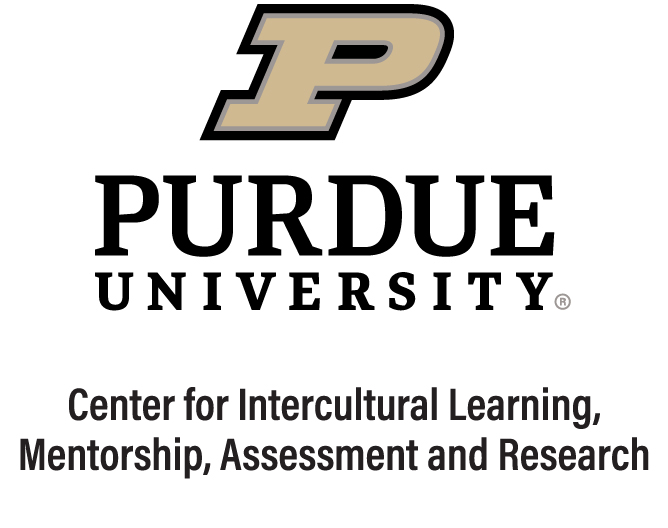Courses
Instructional Materials for Portable Intercultural Modules (PIM): Teaming 1, 2, and 3
Training and support for instructors using one or more of the three Portable Intercultural Modules focused on teamwork skills. Includes theoretical knowledge development, various implementation options, technical support, and facilitation tips.
Portable Intercultural Modules (PIM) are small learning units focused on one or two elements of intercultural competence (constructs from the American Association of Colleges & Universities Intercultural Knowledge and Competence or Global Learning VALUE Rubrics or Champlain College's Diversity, Equity, and Inclusion Rubric). PIM are turnkey solutions that address the needs of instructors who don't see themselves as experts in intercultural learning. They are meant to be embedded within disciplinary course content, and multiple PIM can be integrated systematically throughout a program of study to support students' development of intercultural competence over a longer period of time.
This course presents a helpful orientation to instructors utilizing one or more of the three PIM that focus on communicating effectively within diverse teams. The course provides a general introduction to PIM, explores the theoretical constructs taught in the Teaming PIMs, exemplifies a range of implementation options from more basic to more engaged, and offers suggestions for facilitation. Questions about PIM can be directed to CILMAR at cilmar@purdue.edu.
Learning Outcomes:
After completing this course, participants will be able to:
1. articulate the value of implementing PIM in various contexts;
2. align PIM learning outcomes with disciplinary outcomes in courses where PIM are embedded;
3. identify the best approach for implementing PIM in their context, from more basic to more engaged integration models;
4. reflect on their knowledge and skill needs; and
5. discover resources for developing knowledge and skills relevant to facilitating intercultural learning with PIM.
